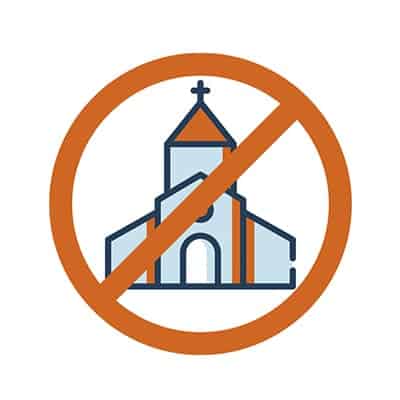The Catholic Church and the Death Penalty
The Church’s Position Throughout History
What does the Church Teach Right Now?
The Importance of Human Dignity
Traditionally, the Church accepted the death penalty as legitimate punishment in certain cases, but this has evolved over time. Let us review that history and what current Church teaching says about the death penalty.
History of Church Teaching on the Death Penalty
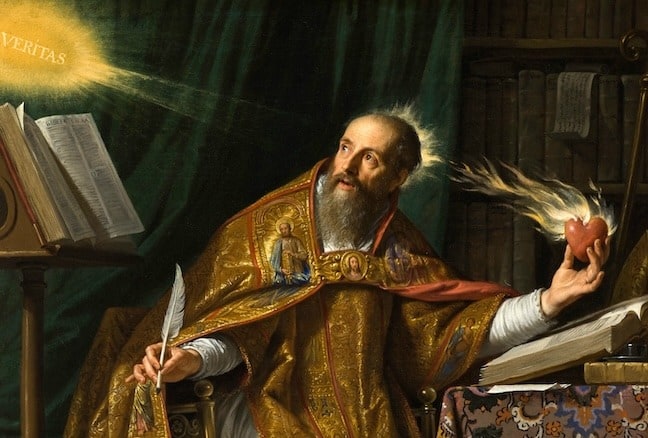
The Early Church
The early Church had to endure frequent and severe use of the state’s power of capital punishment – as witnessed by her many martyrs.
However, while the early Church Fathers had varying views, many, like St. Augustine and St. Ambrose, recognized both the state’s right to capital punishment and the Lord’s call for mercy.
St. Clement of Alexandria, in the second century, said, “When one falls into any incurable evil…it will be for his good if he is put to death.” (Stromata 1:27)
In summary, the great St. Augustine taught: “If, then, there were no other means established to curb the malice of the wicked, extreme necessity might perhaps urge that such men be put to death, though, in our view, if no milder punishment could be imposed on them, we would prefer that they be released rather than that the sufferings of our brothers be avenged by the shedding of their blood.” (Letter 134, 4)
Read More
St. Ambrose in the 5th century said the death penalty is lawful but recommends merciful dealing wherever possible: “You will be excused if you do it, but you will be admired if you refrain when you might have done it”. (Letter, 25)
St. Augustine taught the death penalty was legitimate: “there are some exceptions made by the divine authority to its own law, that men may not be put to death.” (The City of God, Book 1, Chapter 21)
But he also advised, “mercy is due to the vanquished or the captive, especially in the case in which future troubling of the peace is not to be feared.” (Letter 189, 6)
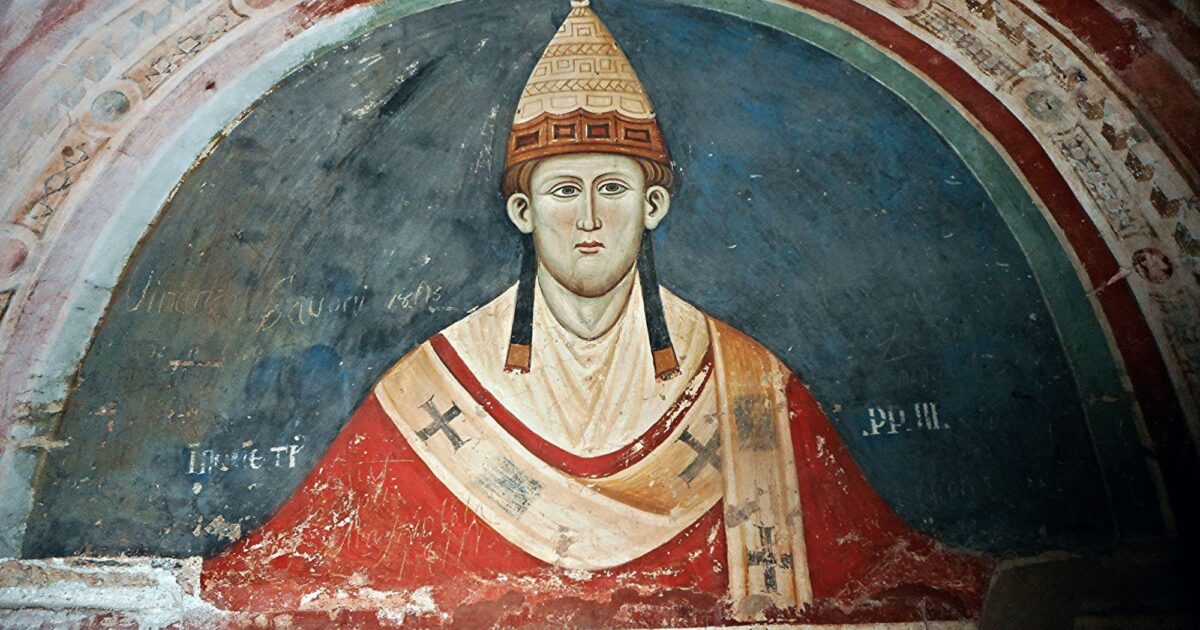
Middle Ages/Renaissance
This teaching continued through the Middles Ages and Renaissance.
Pope Innocent III, in 1208, acknowledged the legitimacy of capital punishment while also demonstrating the historical context of the Church’s position. (Profession of Faith for Waldensian)
St. Thomas Aquinas provided the classical justification for capital punishment, arguing it serves the common good by removing dangerous individuals and deterring crime: “[I]f a man be dangerous and infectious to the community…it is praiseworthy and advantageous that he be killed in order to safeguard the common good.” (Summa Theologica II-II, Q. 64, Part. 2)
In 1556 the Church stated, “Another kind of lawful slaying belongs to the civil authorities, to whom is entrusted power of life and death, by the legal and judicious exercise of which they punish the guilty and protect the innocent.” (The Roman Catechism of the Council of Trent, Part III, The Fifth Commandment, pg. 258)
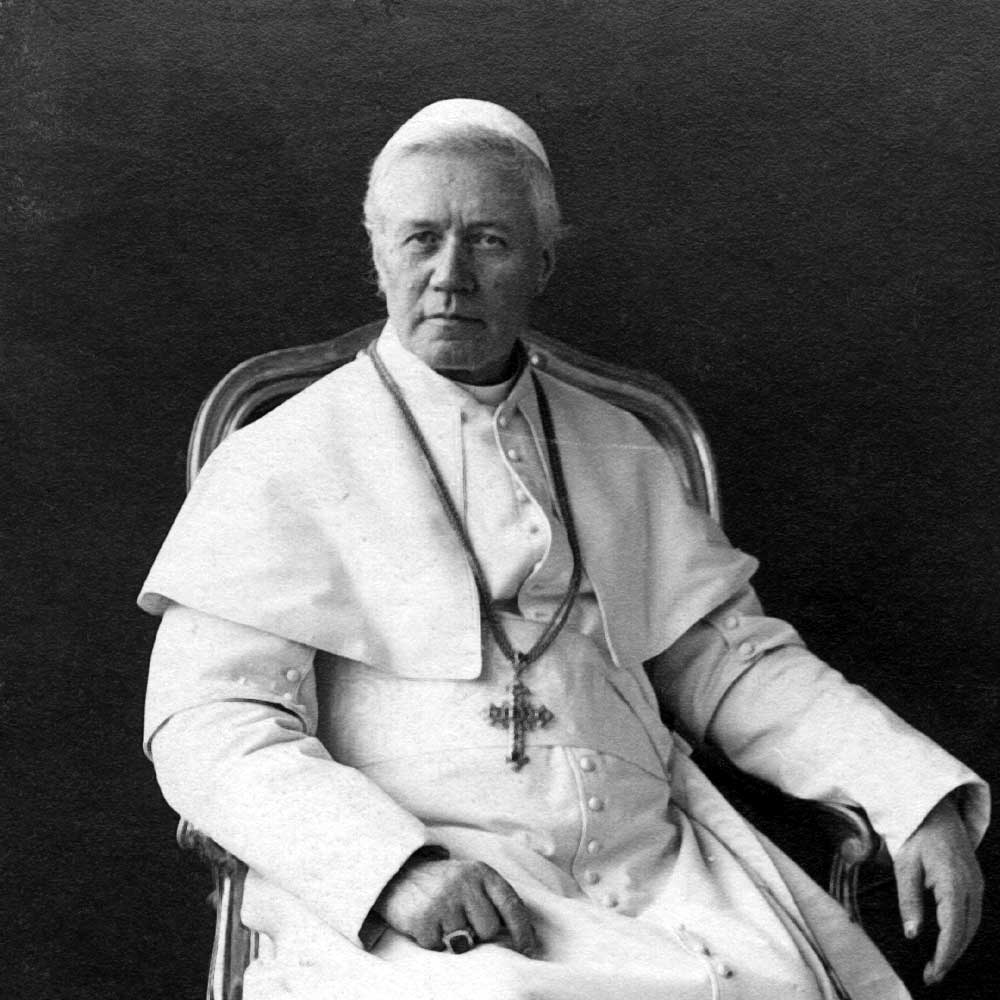
Modern Times
POPE PIUS X
“His catechism of 1908, states, “It is lawful to kill when carrying out by order of the Supreme Authority a sentence of death in punishment of a crime”. (The Fifth Commandment, Question 3)
POPE PIUS XII
Defended the state’s right to execute criminals while clarifying the death penalty is not so much the State taking a life as the person forfeiting it by his actions:
“Even when it comes to the execution of a person sentenced to death, the State does not dispose of the individual’s right to life…[as] by his crime, he has already dispossessed himself of his right to life.” (Speech, Sec. III, 14 September 1952)
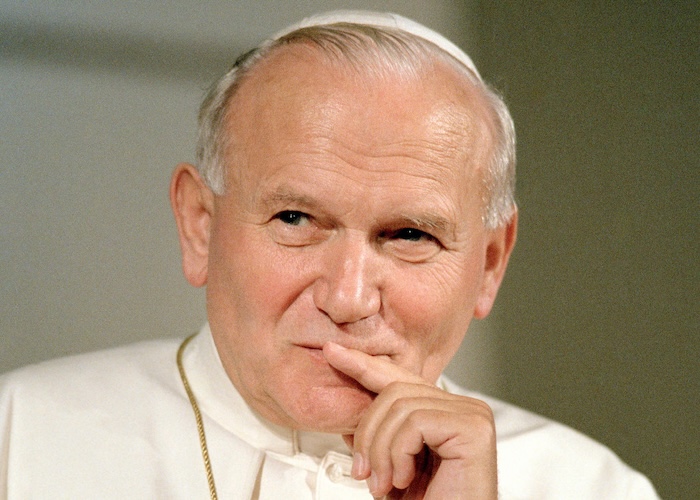
Pope St. John Paul II
“If bloodless means are sufficient to defend human lives against an aggressor and to protect public order and the safety of persons, public authority must limit itself to such means”.
(Previous Catechism of the Catholic Church #2267)
Pope St. John Paul II began to significantly qualify the states right to impose capital punishment because “It is clear that…[punishment] ought not go to the extreme of executing the offender except in cases of absolute necessity: in other words, when it would not be possible otherwise to defend society”. And “as a result of steady improvements in the organization of the penal system, such cases are very rare, if not practically non-existent.” (Evangelium Vitae, 56)
Why did Pope St. John Paul II limit capital punishment? “[B]ecause [other means] better correspond to the concrete conditions of the common good and are more in conformity to the dignity of the human person”.
And in 1999 he said, “I renew the appeal…for a consensus to end the death penalty, which is both cruel and unnecessary.” (Homily in St. Louis, Apostolic Journey to America)
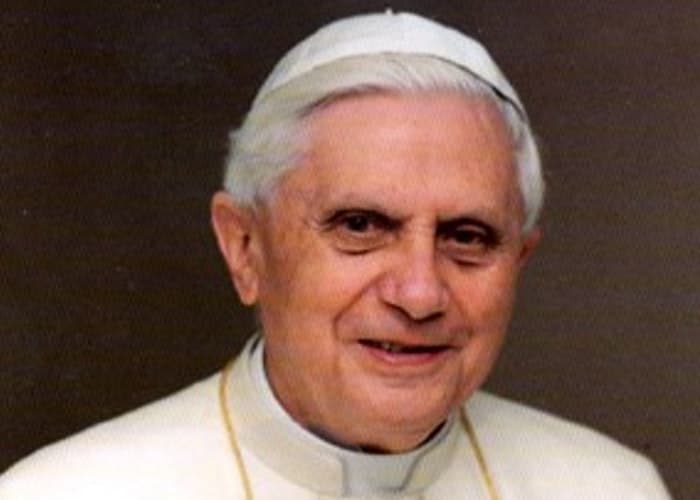
Pope Benedict XVI
Pope Benedict XVI continued his predecessor’s approach of encouraging the restriction and minimization of the use of the death penalty.
While his 2005 encyclical, (Deus Caritas Est) does not address the death penalty directly, it emphasizes the importance of human dignity and the sanctity of life.
In 2011, Pope Benedict XVI said: “I draw the attention of society’s leaders to the need to make every effort to eliminate the death penalty”. (Africae Munus, 83)
And later he said to a visiting group, “I express my hope that your deliberations will encourage the political and legislative initiatives being promoted in a growing number of countries to eliminate the death penalty and to continue the substantive progress made in conforming penal law both to the human dignity of prisoners and the effective maintenance of public order.” (General Audience)
“the death penalty is inadmissible”
Address, 11 October 2017
This address led to a 2018 change in the Catechism:
The “Church teaches, in the light of the Gospel, that ‘the death penalty is inadmissible because it is an attack on the inviolability and dignity of the person’ and she works with determination for its abolition worldwide.” (Catechism of the Catholic Church, 2267)
Why did Pope Francis Make this Change?
For several reasons:
“Today…there is an increasing awareness that the dignity of the person is not lost even after the commission of very serious crimes. In addition, a new understanding has emerged of the significance of penal sanctions imposed by the state.” (Catechism of the Catholic Church, 2267)
“Lastly, more effective systems of detention have been developed, which ensure the due protection of citizens but, at the same time, do not definitively deprive the guilty of the possibility of redemption.” (Catechism of the Catholic Church, 2267) “I would stress that ‘it is impossible to imagine that states today have no other means than capital punishment to protect the lives of other people from the unjust aggressor’.” (Fratelli Tutti, 267)
Pope Francis explains: “The firm rejection of the death penalty shows to what extent it is possible to recognize the inalienable dignity of every human being and to accept that he or she has a place in this universe. If I do not deny that dignity to the worst of criminals, I will not deny it to anyone. I will give everyone the possibility of sharing this planet with me, despite all our differences.” (Fratelli Tutti, 269)
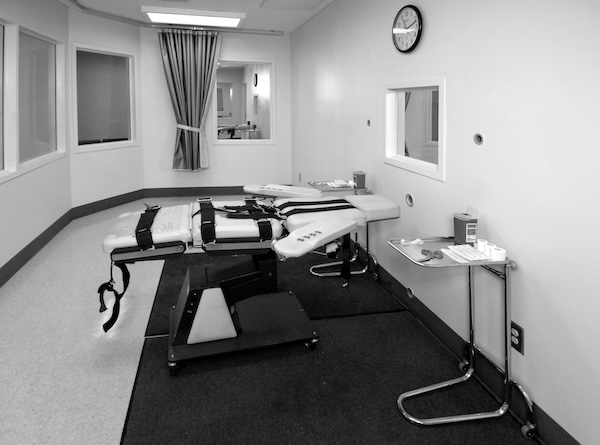

Why did Pope Francis Make this Change?
For several reasons:
“Today…there is an increasing awareness that the dignity of the person is not lost even after the commission of very serious crimes. In addition, a new understanding has emerged of the significance of penal sanctions imposed by the state.” (Catechism of the Catholic Church, 2267)
“Lastly, more effective systems of detention have been developed, which ensure the due protection of citizens but, at the same time, do not definitively deprive the guilty of the possibility of redemption.” (Catechism of the Catholic Church, 2267) “I would stress that ‘it is impossible to imagine that states today have no other means than capital punishment to protect the lives of other people from the unjust aggressor’.” (Fratelli Tutti, 267)
Pope Francis explains: “The firm rejection of the death penalty shows to what extent it is possible to recognize the inalienable dignity of every human being and to accept that he or she has a place in this universe. If I do not deny that dignity to the worst of criminals, I will not deny it to anyone. I will give everyone the possibility of sharing this planet with me, despite all our differences.” (Fratelli Tutti, 269)
The death penalty is “inadmissible” in all cases.
“It is necessary…to reaffirm that no matter how serious the crime that has been committed, the death penalty is inadmissible because it is an attack on the inviolability and the dignity of the person.”
Pope Francis

The Dignity of Human Life
All are created in God’s image making all life sacred – from conception to natural death. Therefore, even guilty people retain their fundamental human dignity. The Church professes a preferential option for life.
More Effective Detention Systems
These can protect public safety. Modern prison systems effectively protect society so alternative punishments can serve justice.
Eliminates the Possibility of Redemption
This is due to the finality of the punishment. The Church emphasizes the possibility of conversion and redemption-which capital punishment can eliminate.
The Risk of Executing Innocent People
The Church recognizes the growing awareness of systemic inequalities in the application of the death penalty and the many examples of wrongly decided cases.
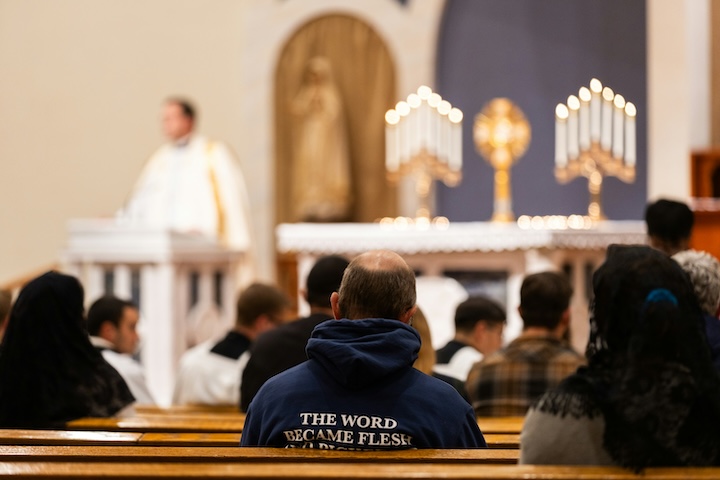
Reconciling Traditional and Modern Teaching
The Church’s updated position on capital punishment, which holds it to be inadmissible in all circumstances, has prompted thoughtful dialogue among theologians, clergy, and lay Catholics.
This evolution has inspired careful reflection on how the Church’s moral tradition adapts while maintaining its essential continuity.
Those who welcome this development see it as a natural unfolding of Catholic teaching, reflecting a deepened appreciation for human dignity and contemporary insights into justice and human rights.
Many scholars and faithful are engaging in thoughtful consideration of how this new teaching builds upon historical doctrine while preserving fundamental moral principles.
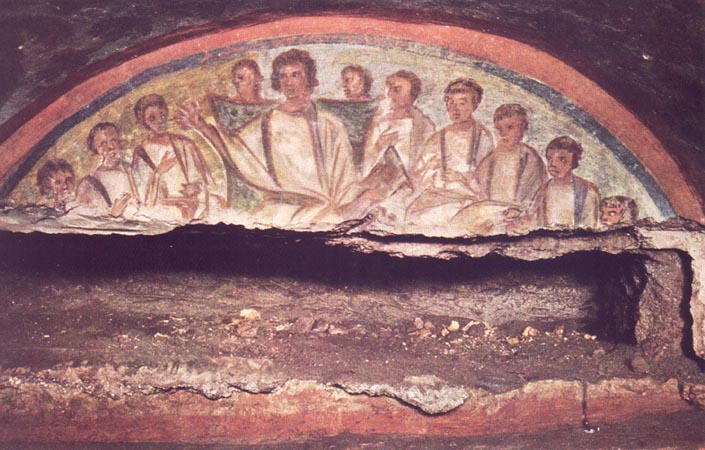
Tradition and Historical Teaching
Concern: Traditional Church teaching recognized circumstances where states could apply capital punishment. This perspective, supported by Church Fathers and papal teachings through the centuries, invites reflection on how the current development builds upon this theological heritage.
The Church's Response
The Church’s understanding has deepened alongside society’s development of more comprehensive systems of justice and public safety, offering new paths for protecting communities while honoring the sanctity of life.
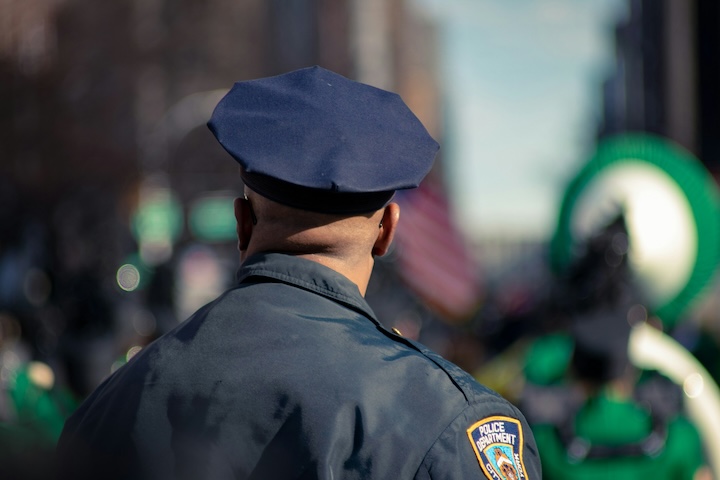
Public Safety
Concern: The new position may not fully address scenarios where a prisoner could continue to pose significant risks to society, including other inmates and guards. In such exceptionally rare circumstances, the death penalty could arguably remain a consideration.
The Church's Response
Recognizing the responsibility to safeguard society, the Church maintains that life imprisonment and other measures offered by modern penal systems typically provide effective means to address these threats without resorting to execution.
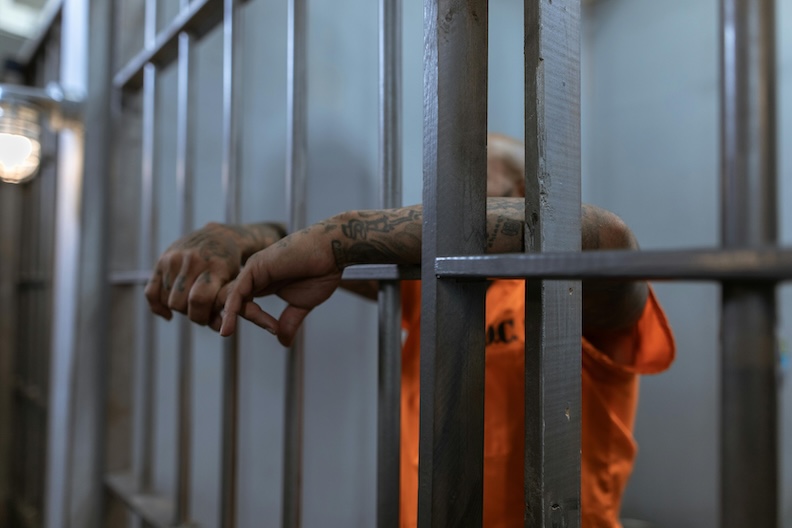
Justice for Victims
Concern: The death penalty is sometimes seen as offering a sense of justice to victims and their families, serving as a retributive response to particularly egregious crimes. Eliminating this option could, for some, create a feeling of injustice among those most affected.
The Church's Response
Justice must always be tempered by mercy. By upholding the dignity of every human life, including that of offenders, the Church argues true justice does not always and necessarily equate to retribution.
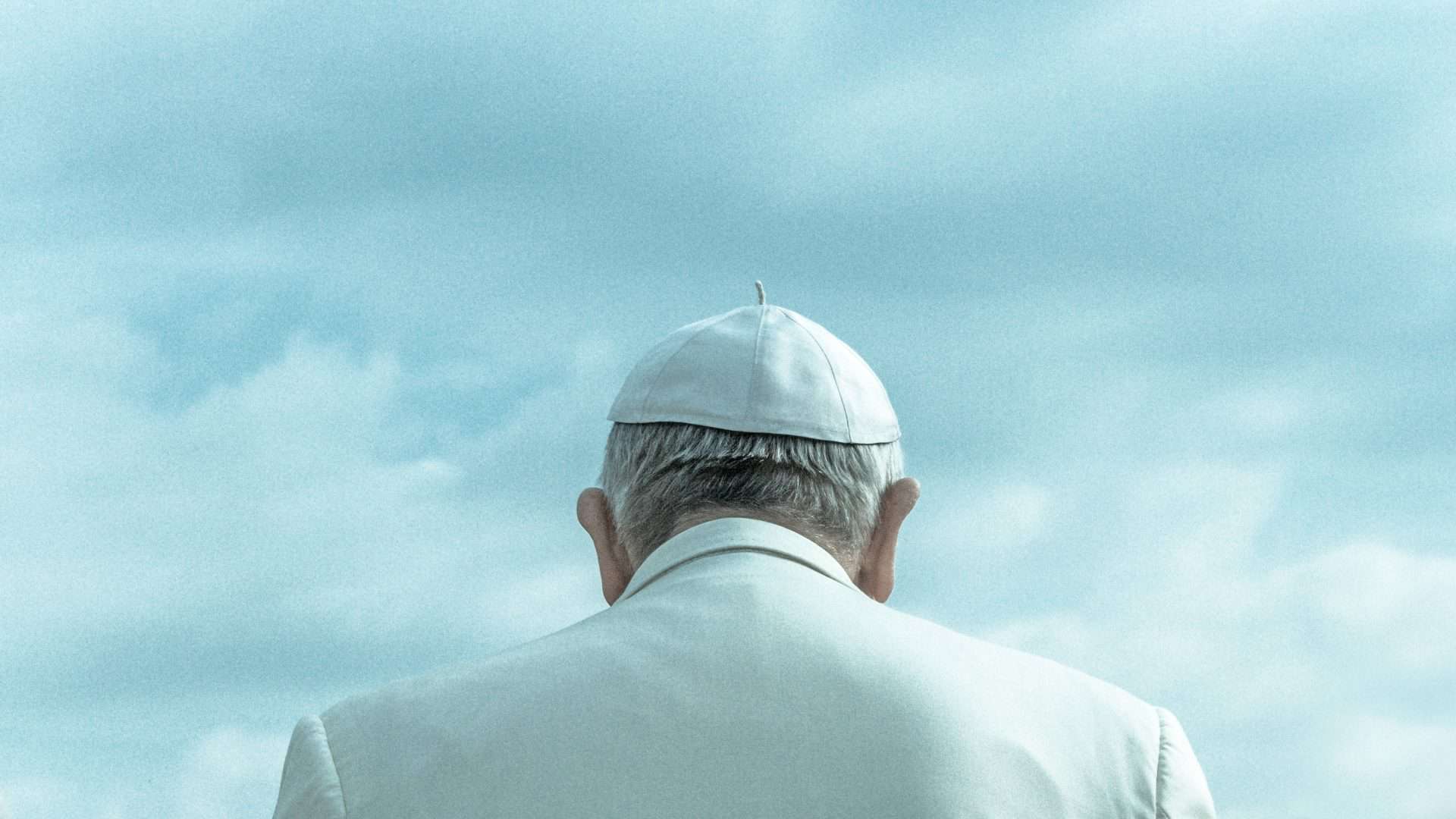
Authority of the Pope and Continuity of Doctrine
Concern: Some theologians raise concerns about the extent of the pope’s authority to modify the Church’s teaching on an issue historically viewed as morally permissible. They suggest that such a change could challenge the Church’s sense of doctrinal continuity, given that previous popes have supported the use of the death penalty.
The Church's Response
Pope Francis emphasizes the revision is a development rather than a contradiction. It is rooted in the Church’s growing understanding of human dignity and modern means of protecting society and aligns with the principle that doctrine can develop in response to new understandings and circumstances.
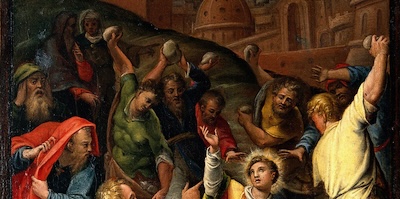
Scripture and Theological Basis
Concern: Scriptural passages that endorse the death penalty for certain offenses are extant and provide a foundation for its legitimacy. (Genesis 9:6, Exodus 21:12-14, Leviticus 24:17-22, Numbers 35:30-31) [NB: Romans 13:4 is sometimes cited as support for the idea that governing authorities have the right to impose the death penalty. However, this passage is not a direct endorsement of the death penalty.]
The Church's Response
The Church interprets Scripture through the lens of Christ’s teachings on mercy, forgiveness, and the sanctity of all human life. The Old Testament’s context, where capital punishment was seen as a necessary part of maintaining justice and societal order, is distinct from the New Covenant brought by Christ. This has led to the Church’s evolved stance against the death penalty.

















